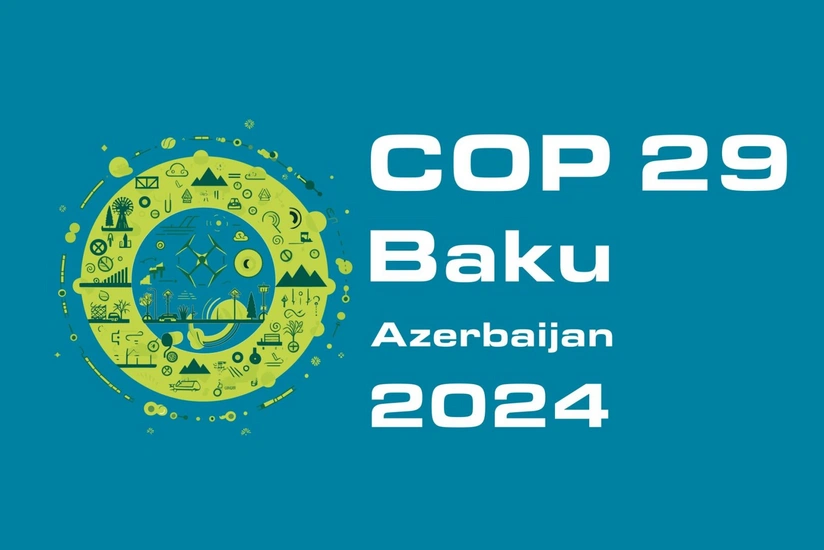Expert: Oil producing countries demonstrate commitment to sustainability by hosting COP
- 29 April, 2024
- 10:31

Sessions of the UN Framework Convention on Climate Change are a great example of stakeholders’ engagement coming together to discuss critical solutions to reduce the effects of climate change on a local and global level, non-resident fellow at the Atlantic Council in Washington, DC., Ali Faqeeh, told Report, commenting on the significance of the upcoming COP29 in Baku in November.
The need for such events is underscored by the escalating global climate crisis, he noted.
“The trend of oil and gas-rich countries like the UAE and Azerbaijan hosting COP events might be associated with their efforts to demonstrate commitment to environmental sustainability. It could also be a strategic move to engage in dialogues about energy mix and/ or transitioning from fossil fuel dependence to renewable energy sources. While it is impossible to fully transition into renewable energy sources in the short and medium term, innovation can accelerate that transition faster than ever,” he said.
“Currently, one of the biggest threats to the environment is greenhouse gas emissions, primarily from burning fossil fuels. To tackle this, there must be a global shift towards renewable energy, enhanced energy mix and efficiency, and sustainable industrial practices. Legislation and policies supporting these changes are also crucial. Not in a way to discourage productivity and production, but rather to encourage such changes positively among the different stakeholders.”
